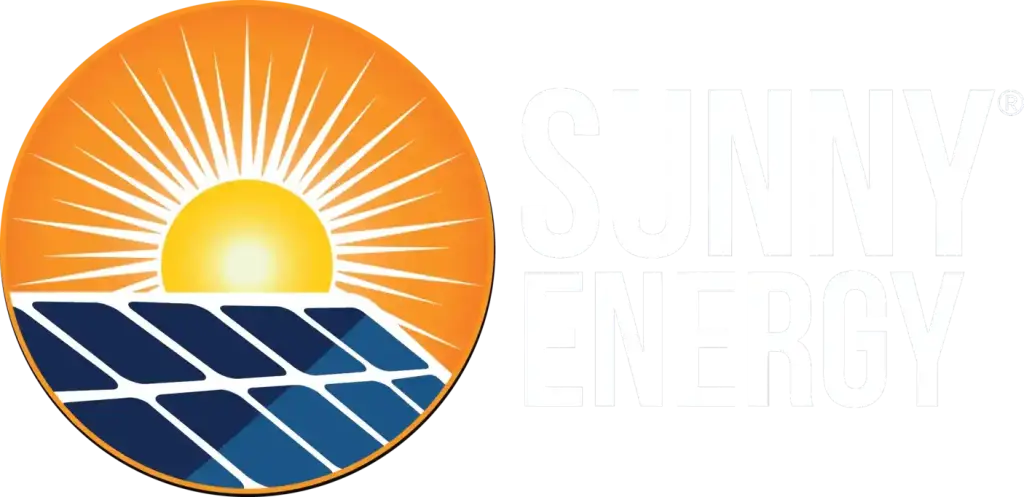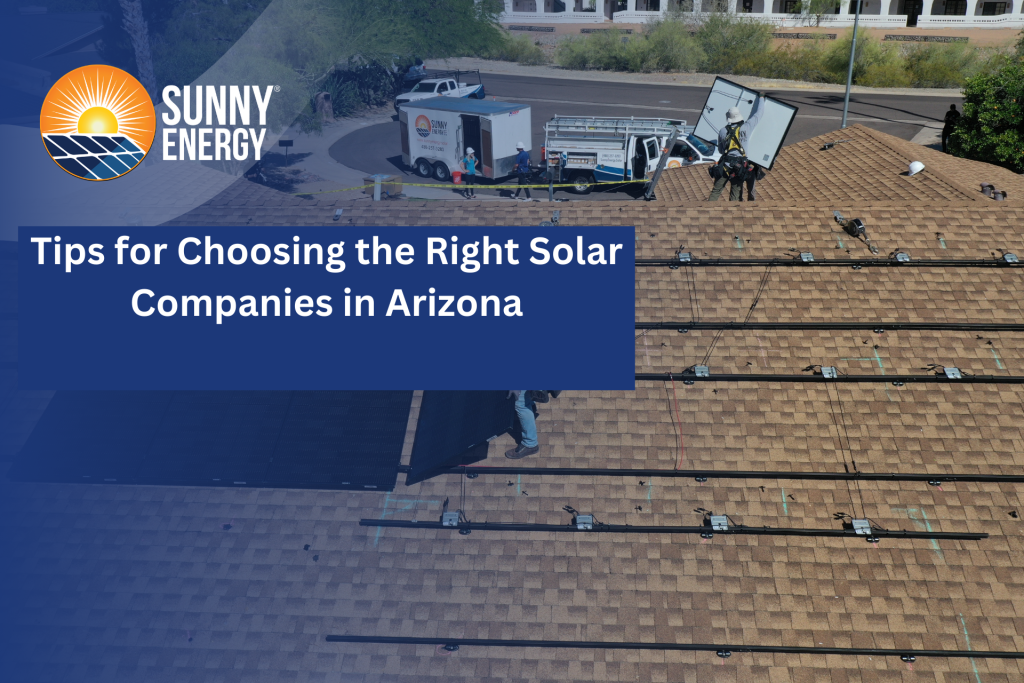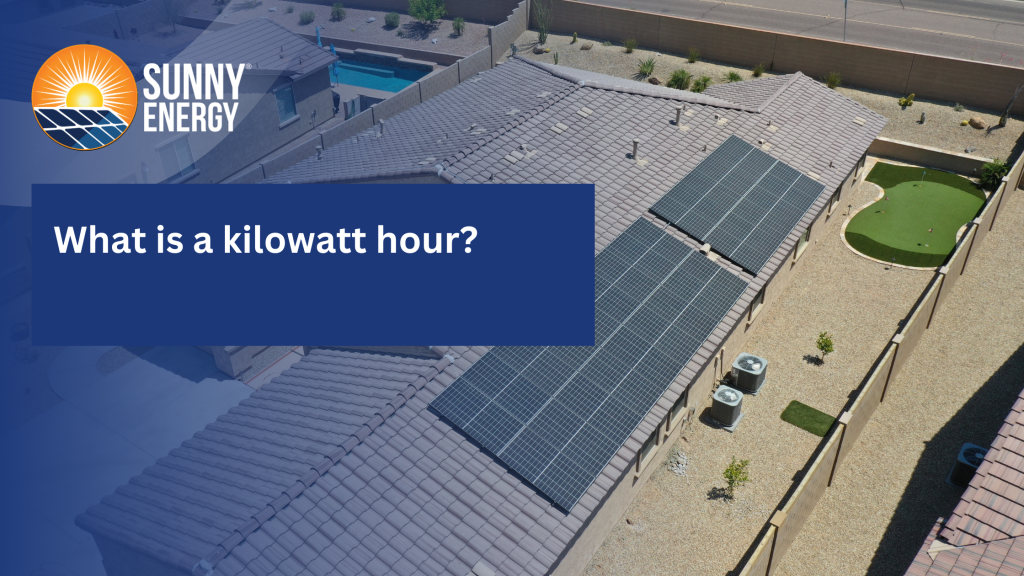Solar power is at the forefront of the global shift towards renewable energy sources, with solar photovoltaic (PV) panels emerging as a popular choice for reducing carbon footprints and energy costs. PV solar, or solar photovoltaic, systems convert sunlight into electricity through photovoltaic cells, which are the building blocks of solar panels.
A photovoltaic cell, also known as a solar cell, is basic unit of a photovoltaic system that generates electricity when exposed to sunlight. These cells are typically made from semiconductor materials such as silicon.
One of the key benefits of photovoltaic panels is their ability to save money on energy costs. By generating electricity from sunlight, solar panels reduce reliance on traditional grid electricity, leading to lower utility bills. The amount of money saved with solar panels varies depending on factors such as the size of the system, local electricity rates, and available incentives.
Despite the upfront cost of installing solar PV systems, the long-term savings can be significant. Studies have shown that homeowners can save thousands of dollars over the lifetime of their solar panels. The exact savings depend on factors such as the size of the system, local electricity rates, and available incentives.
The shift towards solar power is driven by its numerous benefits, including cost savings, environmental sustainability, and energy independence. While challenges such as intermittency and upfront costs exist. The overall momentum towards solar energy adoption is expected to continue as technology advances and costs decrease.
In this blog post, we’ll delve into the financial aspects of solar PV panels, including their potential for saving money, factors affecting cost savings, installation costs, and the photovoltaic panels benefits. We’ll also explore the incentives available and provide insights into PV solar installation by Sunny Energy, a leading Arizona solar company.
Do solar PV panels save money?
One of the primary photovoltaic panels benefits is the potential for long-term cost savings. Solar panels harness sunlight to generate electricity, reducing reliance on traditional grid power. This can lead to substantial savings on energy bills over time. The exact amount saved varies depending on factors such as energy consumption, local electricity rates, and the size of the solar PV system.
1. Potential for long-term cost savings:
Solar PV panels are a long-term investment that can lead to significant savings on energy bills over time. While the initial cost of purchasing and installing solar panels is high, the savings accrued from reduced energy bills can often offset this initial investment.
2. Harnessing sunlight to generate electricity:
Solar panels work by converting sunlight into electricity through the photovoltaic effect. This process involves the interaction of sunlight with semiconductor materials in the solar panels, which generates a flow of electrons, creating an electric current.
3. Reducing reliance on traditional grid power:
By generating electricity from sunlight, solar panels reduce the need to rely on traditional grid power. This not only lowers energy bills but also decreases dependence on non-renewable energy sources, contributing to a more sustainable energy future.
4. Substantial savings on energy bills:
The savings on energy bills achieved through solar PV panels is substantial over the long term. Generating electricity on-site, reduces reliance on purchasing electricity from the grid.
5. Factors affecting savings:
The exact amount saved with photovoltaic panels benefits can vary depending on several factors:
- Energy Consumption: Homes that use more electricity are likely to save more with solar panels, as they offset a larger portion of their energy usage.
- Local Electricity Rates: The cost of electricity from the grid varies depending on location. Areas with higher electricity rates tend to see greater savings with solar panels.
- Size of the Solar PV System: The size of the solar PV system installed also affects savings. Larger systems can generate more electricity, potentially leading to greater savings.
How long does it take to see savings on energy bills with solar panels?
The time it takes to see savings on energy bills with solar panels, known as the payback period, can vary. Factors such as the cost of installation, energy usage, and available incentives play a role. On average, homeowners can expect to recoup their investment in solar panels within 5 to 10 years, after which they can enjoy significant savings on their energy bills.
1. Variability of the payback period:
The payback period for solar panels can vary depending on several factors, including the cost of installation, energy usage patterns, and available incentives. These factors can impact the overall cost-effectiveness of the solar panel investment.
2. Factors influencing the payback period:
- Cost of installation: The upfront cost of purchasing and installing solar panels is a significant factor in determining the payback period. Higher installation costs will result in a longer payback period.
- Energy usage: Homes or businesses that use more electricity will see greater savings with solar panels, leading to a shorter payback period.
- Available incentives: Government incentives, such as tax credits or rebates, can significantly reduce the cost of installing solar panels, thereby shortening the payback period.
3. Average payback period:
On average, homeowners can expect to recoup their investment in solar panels within 5 to 10 years. This means that after this period, the savings on energy bills will exceed the initial cost of the solar panels, resulting in net savings for the homeowner.
4. Significant savings after payback:
Once the payback period is complete, homeowners can enjoy significant savings on their energy bills. Since solar panels have a lifespan of 25 years or more, homeowners continue to benefit from these savings for many years after the payback period.
“Ready to harness the power of solar energy for your home or business? Contact Sunny Energy today for a consultation and start enjoying the benefits of photovoltaic panels! Learn more about how solar panels can save you money and reduce your carbon footprint from our team of experts. “
How much does it cost to install solar panels?
The cost of installing solar depends on factors like the size of the system, quality of the panels, and the complexity of the installation. On average, homeowners can expect to pay between $15,000 and $25,000 for a typical residential solar PV system before incentives. However, the long-term savings on energy bills can outweigh the initial investment with its photovoltaic panels benefits:
1. Cost variability:
The cost of installing solar panels vary based on several factors like size of the system, quality of the panels, and the complexity of the installation. Other factors, such as local labor costs and permitting fees, can also impact the total cost.
2. Size of the system:
The size of the solar PV system is a significant factor in determining the cost. Larger systems that generate more electricity will generally cost more to install than smaller systems.
3. Quality of the panels:
The quality of the solar panels used can also affect the cost. Higher-quality panels may have a higher upfront cost but can be more efficient and durable, leading to greater long-term savings.
4. Complexity of the installation:
The complexity of the installation, including factors such as roof type, shading, and electrical system requirements, can impact the cost. More complex installations may require additional equipment or labor, increasing the overall cost.
5. Average cost for homeowners:
On average, homeowners can expect to pay between $15,000 and $25,000 for a typical residential solar PV system before incentives. This cost range includes the cost of the panels, inverters, mounting hardware, and installation labor.
6. Long-term savings:
While the upfront cost of installing solar panels can be significant, the long-term savings on energy bills have more photovoltaic panels benefits.. By generating your electricity, you can reduce or eliminate your reliance on grid power, leading to substantial savings over time.
7. Financial incentives:
There are several financial incentives available to help offset the cost of installing solar panels. These include federal tax credits, state and local rebates, and net metering programs, which allow you to sell excess electricity back to the grid.
What is a photovoltaic cell?
A photovoltaic cell, also known as a solar cell, is the basic building block of a solar PV panel. It converts sunlight into electricity through the photovoltaic effect, generating a flow of electricity. Multiple photovoltaic cells are connected to form a solar panel, which can then be used to generate electricity for homes, businesses, and other applications. Here are some basics of photovoltaic cell:
1. Composition of a photovoltaic cell:
A typical photovoltaic cell consists of a thin layer of semiconductor material, such as silicon, sandwiched between two conductive layers. When sunlight hits the cell, it creates an electric field across the layers, which causes the flow of electrons and the generation of electricity.
2. Formation of a solar panel:
Multiple photovoltaic cells are connected together to form a solar panel. These cells are typically arranged in a grid-like pattern on the panel’s surface to maximize the absorption of sunlight and the generation of electricity.
3. Applications of photovoltaic cells:
Photovoltaic cells are used to generate electricity in a variety of applications, including residential and commercial solar PV systems, solar-powered calculators and watches, and large-scale solar power plants.
4. Advantages of Photovoltaic Cells:
Photovoltaic cells offer several advantages, including their ability to generate electricity without moving parts, their low maintenance requirements, and their ability to generate electricity in remote locations or off-grid settings.
Overall, photovoltaic cells are a crucial technology in the field of solar energy, allowing us to harness the power of the sun to generate clean and renewable electricity. Now let’s learn about some photovoltaic panels benefits.
What are the photovoltaic panels benefits?
The photovoltaic panels benefits are numerous. Here experts have curated the various photovoltaic panels benefits.
1. Clean and renewable energy source:
Photovoltaic panels provide a clean and renewable source of energy by converting sunlight into electricity. Unlike fossil fuels, which produce harmful emissions when burned, solar panels generate electricity without releasing pollutants, to reduce the environmental impact of energy production.
2. Reduction of reliance on fossil fuels:
By generating electricity from sunlight, photovoltaic panels reduce the need to rely on fossil fuels for energy. This can help to reduce greenhouse gas emissions and mitigate climate change.
3. Lowering carbon emissions:
Solar panels help to lower carbon emissions by reducing the amount of electricity generated from fossil fuels. This is important for combating climate change and reducing air pollution.
4. Cost savings on energy bills:
One of the most significant benefits of photovoltaic panels is the potential for cost savings on energy bills. By generating electricity on-site, homeowners can reduce their reliance on purchasing electricity from the grid, leading to lower energy bills over time.
5. Minimal maintenance requirements:
Photovoltaic panels require minimal maintenance once installed. Regular cleaning and occasional inspections are typically all that is needed to ensure they continue to operate efficiently.
6. Increased property value:
Installing photovoltaic panels can increase the value of a property. Solar panels are viewed as a desirable feature for homes. As homes with solar panels often sell for a premium compared to similar homes without solar panels.
Energy independence:
Solar panels provide homeowners with a degree of energy independence by allowing them to generate their electricity. This can be particularly beneficial in areas where grid electricity is unreliable or expensive.
These are some of the major photovoltaic panels benefits to save on electricity bills and reduce carbon footprint.
Can you get tax credits for solar panels?
In the United States, homeowners and businesses can take advantage of federal tax credits for installing solar panels. The Investment Tax Credit (ITC) allows credit of up to 26% of the cost of the solar PV system. State and local incentives may also be available, further reducing the cost of installation. Let’s discuss some of the tax credits for solar panels:
1. Federal tax credits:
The federal government offers a tax credit known as the Investment Tax Credit (ITC) for installing solar panels. The ITC allows a credit of up to 26% of the cost of the solar PV system. This credit can be applied to federal income taxes and can help reduce the overall cost of installing solar panels.
2. State and local incentives:
In addition to federal tax credits, many states and local governments offer incentives for installing solar panels. These incentives include tax credits, rebates, or other financial incentives to help offset the cost of installation.
3. Solar PV installation by Sunny Energy
Sunny Energy is the best solar company in Arizona, known for its expertise in designing and installing high-quality PV solar systems. With years of experience in the industry, Sunny Energy offers customized solar solutions tailored for unique needs of each customer. From initial consultation to installation and beyond, as one of the top rated solar companies in Arizona Sunny Energy is committed to providing top-notch service and ensuring customer satisfaction.
4. Leading Arizona solar contractors:
Sunny Energy is recognized as a leading Arizona solar company, known for its high-quality solar PV systems and expertise in the field. The company has built a strong reputation for delivering reliable and efficient solar solutions to its customers.
5. Expertise in design and installation:
Sunny Energy has years of experience in designing and installing PV solar systems. The company’s team of experts is skilled in assessing each customer’s unique needs and designing customized solar solutions.
6. Customized solar solutions:
Sunny Energy offers customized solar solutions tailored to meet the specific needs of each customer. Whether it’s a residential or commercial, Sunny Energy designs a PV solar system to meet customer’s energy requirements and budget.
7. Commitment to customer satisfaction:
Sunny Energy is committed to providing top-notch service to its customers. From the initial consultation to the installation and beyond, we ensure that each customer is satisfied with the solar PV system.
8. Focus on service:
Sunny Energy’s focus on service extends beyond the installation process. The company offers ongoing support and maintenance services to ensure each solar PV system continues to operate efficiently and effectively.
Expertise, customization, and a commitment to customer satisfaction characterize Sunny Energy’s solar PV installation services. Sunny Energy chooses high-quality solar PV systems designed for specific needs and backed by excellent service and support.
Conclusion
The photovoltaic panels benefits are clear. Not only do they provide a clean and renewable source of energy, but they also offer significant cost savings and other advantages. With the right solar PV system, homeowners and businesses can reduce their carbon footprint, lower their energy bills, and enjoy energy independence. Solar PV installation by experienced Arizona solar contractors like Sunny Energy further enhance these photovoltaic panels benefits, ensuring a seamless transition to solar power. Ready to harness the power of solar energy for your home or business? Contact Sunny Energy today for a consultation!






